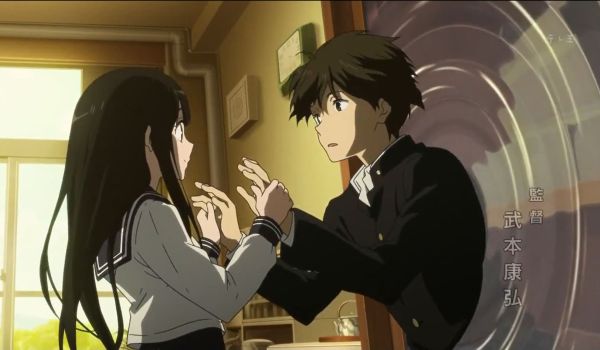
“What can you see on the horizon? Why do the white gulls call? Across the sea, a pale moon rises; the ships have come, to carry you home. And all will turn to silver glass; light on the water, all souls pass.”
For about two days, this song has kept playing in my mind. Not quite continually, but pretty much at any time when I was not concentrating enough on something else to crowd it out. I found myself humming it at various times and places, albeit softly (because after rarely ever speaking for two decades, my vocal cords cannot speak or sing except softly and briefly, for which I am mostly thankful.)
What is particularly bothersome about this song, unlike others that may have a special promotion weekend on my brain at other times, is that it is about death. It is all phrased very poetically, and so that a young child hearing the song will mistake it for a lullaby. But to the adult (and older child, probably) it is clearly about the immediate passing away of a loved one. As such, I hope with all my heart that it is not an omen in any way for anyone. Personally I like to think that it suddenly came before me because of the surge of interest in the Hobbit movie, which also has shown up in my Google+ stream. Thus my memory of the previous Tolkien blockbuster and the departure of the hobbit main character into the West.
Yet in Tolkien’s story, the hobbit leaves across the sea to live forever with the elves and their demigods; but to those left behind, hobbits and men, they had only the words of the elves for this, if even that. It was only a hope, whereas his parting from them was definite and final. “To part is to die a bit” say the French, and with a parting such as this, it was very much so. It was to die completely from everyone and everything he had held dear in his old life, if he had not already done so in his heart.
I wonder if I would have been able to do that.
When my great-grandfather was young, many people sailed here from Norway into the west to seek a new life in America. They had no illusion of living forever, but they hoped for a better life. They also left behind most of what they knew and had relied on until that day. But unlike our hobbit friend, they knew it was physically possible to return. The ships sailing back were as many as those who sailed over in the first place, although they had fewer passengers. If I remember correctly, one of my ancestors (great-grandfather or great-great grandfather, I can’t remember) actually went to America, but returned after some years. If not, I would have been an American. (Actually, I would not have existed in anything like my current form, but there might have been another descendant around my age instead.)
But when the time comes to cross The River, it will be a final journey, to an unimaginably distant shore, if we reach it at all – it is a journey we cannot watch on a documentary in advance or travel in the comforting company of relatives or neighbors. I hope to board together with my Invisible Friend when the time comes, but to be honest, I am in no hurry. No hurry at all.
“Into the West” – Annie Lennox – Spotify. And on YouTube, complete with heart-tugging comments, until the appropriate corporation sees fit to remove it.









